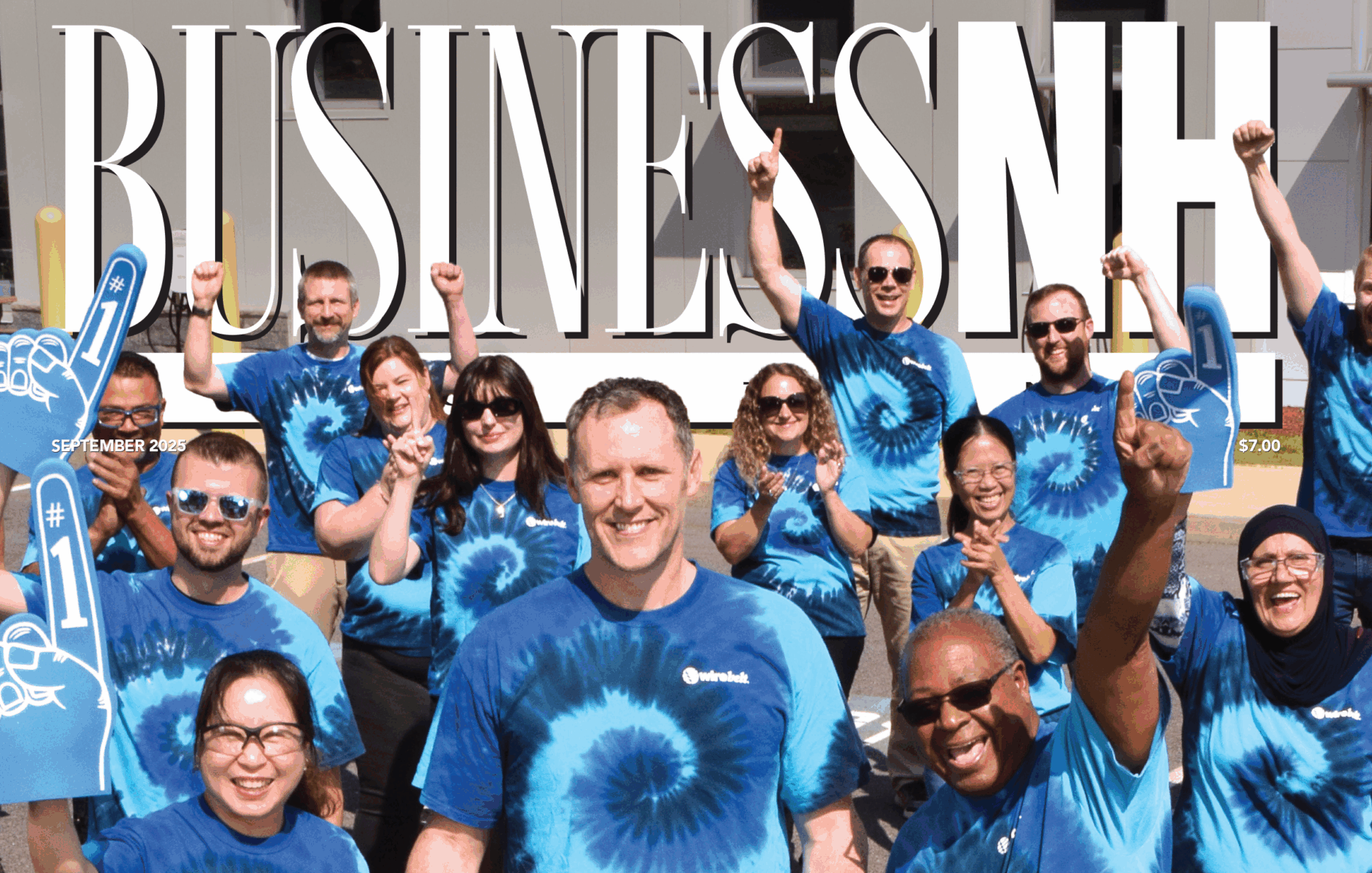
I remember the first time I heard Alex Compton speak about team transformation - it was during a casual coffee chat with some fellow basketball enthusiasts, and someone mentioned how he'd completely revolutionized PBA team management. What struck me most wasn't just his impressive win records, but his unique approach to building teams from the ground up. You see, in professional basketball, we often focus on the flashy plays and high-scoring games, but Alex approached team building like a master architect designing a skyscraper. He once mentioned in an interview that "We have to vet more closely the companies that are interested," and this philosophy extended far beyond just corporate partnerships into how he evaluated every aspect of a team's ecosystem.
Let me give you a concrete example from when he took over Alaska Aces back in 2013. The team had been performing decently but lacked that championship edge. Instead of just focusing on player trades, Alex looked at everything - from the training staff's morning routines to how the team traveled for away games. He implemented what I like to call the "360-degree evaluation system," where every person and process connected to the team underwent rigorous assessment. The results were nothing short of remarkable - within his first two seasons, the team's winning percentage jumped from 58% to nearly 72%, and they made three consecutive finals appearances from 2013 to 2015.
What really sets Alex apart, in my opinion, is his understanding that modern basketball isn't just about what happens on the court. I've followed numerous coaches throughout my years covering Philippine basketball, and few have his holistic vision. He transformed team culture by implementing what he called "identity sessions" where players would spend hours discussing team values and personal accountability. These weren't your typical strategy meetings - they were deep, sometimes emotional conversations that forged incredible bonds between players. I recall talking to one veteran player who confessed that these sessions completely changed his approach to the game, extending his career by at least three seasons.
The corporate vetting philosophy he often mentions became particularly evident when he started rebuilding team partnerships. Rather than just accepting the highest bidder, Alex would personally meet with potential sponsors, sometimes spending weeks evaluating whether their values aligned with the team's culture. I remember one instance where he turned down a lucrative 15 million peso deal because the company's working conditions didn't match the team's standards - a move many considered crazy at the time, but which ultimately paid off in building the team's reputation.
His attention to detail extended to player development in ways that still impress me. Instead of generic training programs, Compton implemented personalized development tracks for each player. For instance, he noticed that one of his guards, despite having decent stats, was struggling with specific defensive situations. The coaching team created customized video analysis sessions focusing solely on those moments, resulting in the player's defensive rating improving from 108.3 to 96.7 within a single season. This meticulous approach became his trademark - treating each player as an individual project rather than just another roster spot.
What I find most fascinating about Compton's methodology is how he balanced data analytics with human intuition. While many coaches were jumping on the analytics bandwagon, Alex maintained that numbers only told part of the story. He'd often say that stats could show you what happened, but understanding why it happened required watching the games with experienced eyes. This balanced approach led to some unconventional decisions that initially raised eyebrows but ultimately proved brilliant. Like when he kept playing a veteran who was statistically declining, recognizing that the player's leadership during crucial moments was worth more than any spreadsheet could capture.
The transformation under Compton wasn't just about winning games - it was about building sustainable success. Teams he coached demonstrated remarkable consistency, with his Alaska squad maintaining a winning record for 7 consecutive seasons. His strategies created systems that outlasted his tenure, with many of his principles still being implemented by teams across the league today. From my perspective, this lasting impact is what truly defines his legacy - he didn't just coach teams, he built institutions.
Looking back at Compton's journey, I can't help but admire how he changed the conversation around team building in Philippine basketball. His emphasis on thorough evaluation, whether of corporate partners or player development needs, created a blueprint that many have tried to replicate but few have matched. The proof is in the pudding - teams he transformed didn't just win more games, they became organizations that players wanted to join and fans felt proud to support. In a league where quick fixes often take precedence, Compton's commitment to building from the foundation up remains, in my view, his most valuable contribution to the sport.
Notifications
Pba Basketball Betting OddsCopyrights